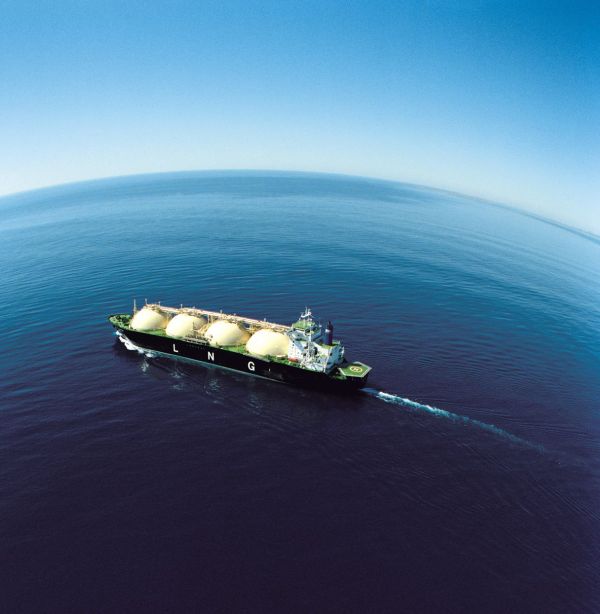24 Jul 2017

Restricting gas exports to boost domestic supply is likely to be counterproductive, the Australian Petroleum Production & Exploration Association (APPEA) has warned.
APPEA Chief Executive Dr Malcolm Roberts said the government’s proposed Australian Domestic Gas Security Mechanism (ADGSM) was a short-term fix and not a long-term solution.
The Government today confirmed it has begun the formal process to consider whether the ADGSM will be required to restrict Queensland liquefied natural gas (LNG) exports for 2018.
But Dr Roberts warned export restrictions risked exacerbating the problem they were meant to solve.
“The industry has tripled east coast gas production in the past five years, creating an entirely new supply from coal seam gas,” Dr Roberts said.
“This is despite the political restrictions and bans imposed by some state and territory governments.
“We acknowledge the critical importance of gas in the Australian economy and support the need for more gas in the domestic market, but restricting a successful export industry is not the answer.
“Export controls are a sovereign risk issue for Australia, threatening the $50 billion in new investment needed to maintain current supply. Restricting exports will only redistribute existing gas supply – it will not deliver new supply.
“The only sustainable solution to the challenges facing the east coast gas market is more gas supply. The government should be working with industry on regulatory reforms that reduce the cost of developing new supply.
“And it should continue to pressure state and territory governments to immediately remove their bans and moratoriums and consider all new projects on their merits.”
Dr Roberts said the Energy Supply Outlook (ESO), released in June by the Australian Energy Market Operator (AEMO), confirmed that there is no need for the Commonwealth to restrict gas exports.
He said the ESO was only a partial update of the March 2017 Gas Statement of Opportunities (GSOO).
“It does not capture new gas supply announced after 1 May and, inexplicably, does not revise the high forecasts of LNG demand for gas,” Dr Roberts said.
“The ESO shows that actual demand for gas from the LNG projects to date is significantly lower than the March 2017 forecast. The full update, expected in early August, is likely to show no supply shortfalls are expected and there is no need to restrict LNG exports.”
Media Contact

